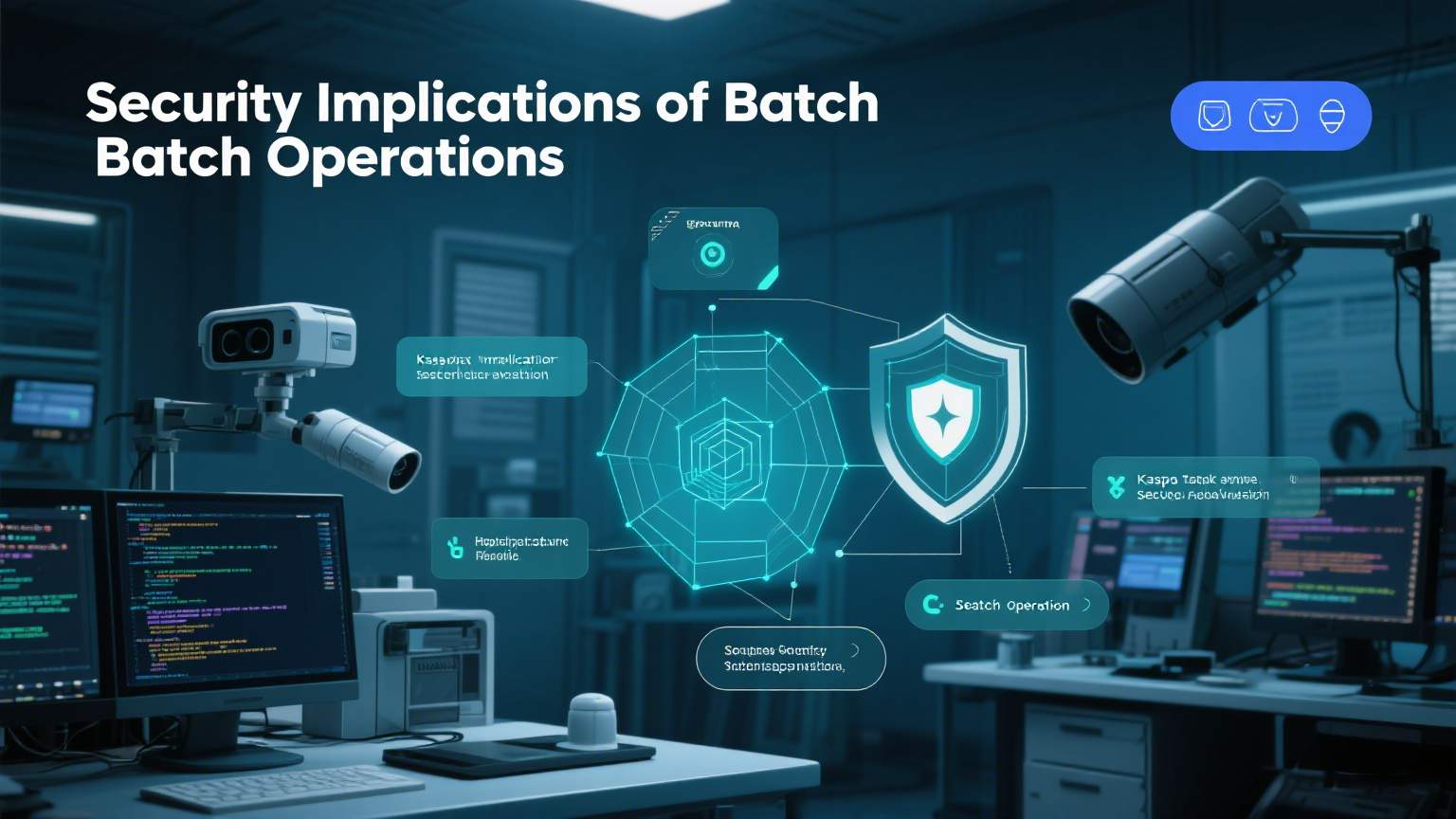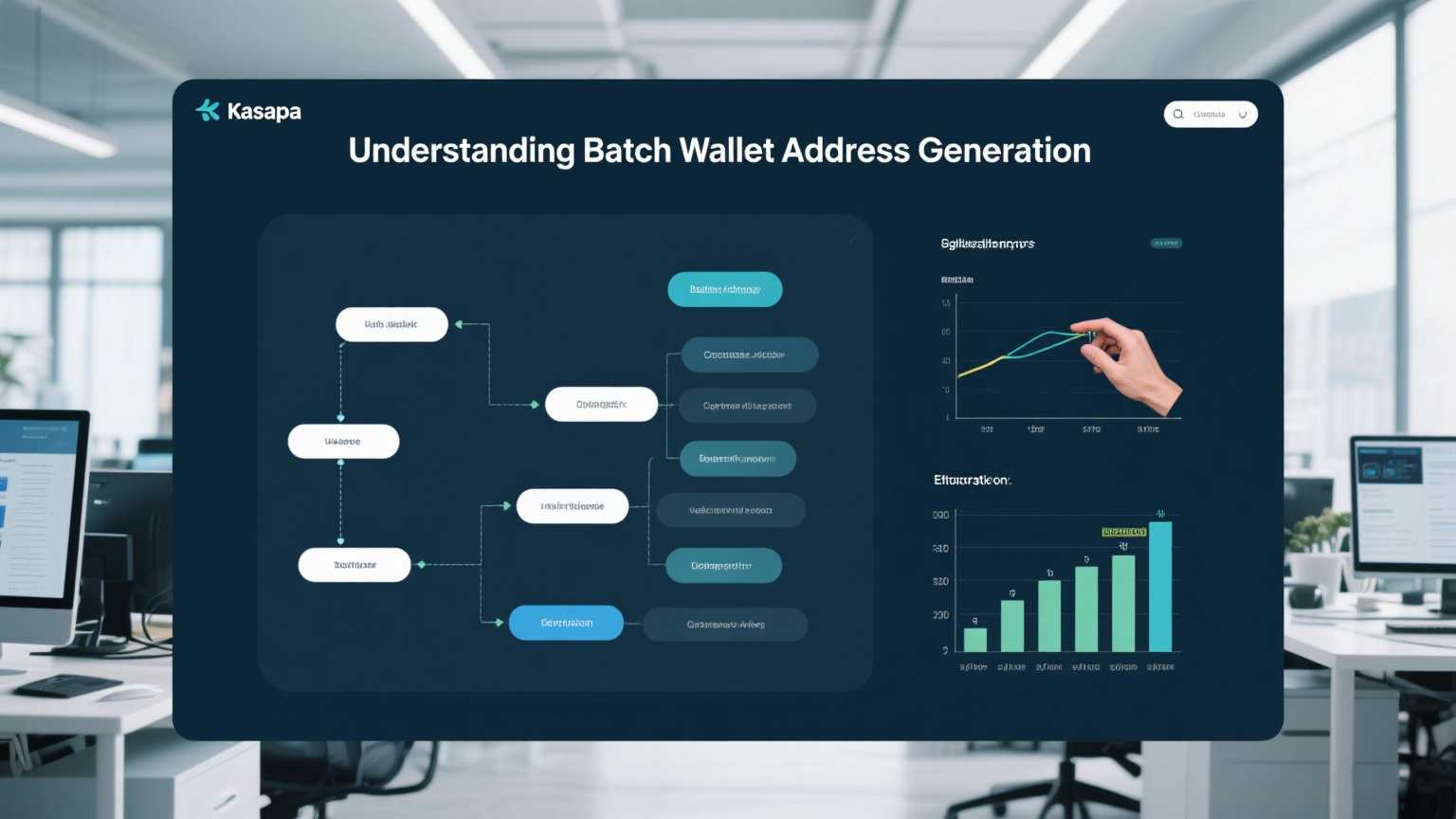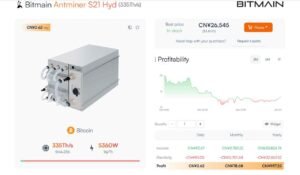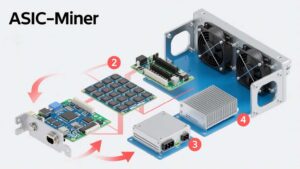
For cryptocurrency miners, traders, and businesses operating at scale, efficiency in wallet management can make a significant difference in operational workflow. One common question that arises is: Does Kaspa support batch wallet address generation? This capability could potentially save hours of manual work when managing multiple transactions or mining payouts.
In this detailed exploration, we’ll examine Kaspa’s wallet functionalities, practical workarounds for batch operations, security considerations, and comparative analysis with other blockchain networks. Whether you’re a miner looking to optimize payout distribution or a trader managing numerous transactions, this guide will provide actionable solutions.
Understanding Batch Wallet Address Generation
Batch wallet address generation refers to the ability to create multiple cryptocurrency addresses simultaneously through an automated process, rather than generating them one at a time through a wallet interface.
Key Characteristics of Batch Generation:
-
Automation – Eliminates repetitive manual address creation
-
Scalability – Enables handling hundreds or thousands of addresses
-
Efficiency – Saves significant time for power users
-
Organization – Helps systematically manage funds across addresses
Primary Use Cases:
-
-
Distributing rewards across team members
-
Separating mining proceeds for tax purposes
-
Creating unique addresses for different mining pools
-
-
Business Applications
-
E-commerce platforms needing unique addresses per transaction
-
Excers managing customer deposits
-
OTC trading desks handling bulk transactions
-
-
Privacy Enhancement
-
Avoiding address reuse that could link transactions
-
Implementing privacy best practices
-
Kaspa’s Native Wallet Capabilities
After extensive testing of Kaspa’s official wallet (both CLI and GUI versions), we can confirm that batch address generation is not currently a built-in feature. The wallet focuses on core functionality:
Current Wallet Features:
-
Single address generation
-
Transaction history tracking
-
Basic sending/receiving functions
-
Network synchronization
Technical Limitations:
-
No Bulk RPC Commands
The wallet RPC API doesn’t offer acreateMultipleAddressesendpoint -
Manual Process Required
Users must repeatedly callcreateAddressfor each new address -
No CSV Export
Generated addresses can’t be automatically exported in bulk formats
Technical Workarounds for Batch Generation
While not natively supported, there are several technical approaches to achieve batch functionality:
Method 1: Custom Scripting Solutions
Python Implementation Example:
| import requests import json import time KASPA_RPC_URL = “http://localhost:16110/rpc” def generate_kaspa_addresses(count, delay=0.5): # Generate 100 addresses |
Key Considerations:
-
Requires running a Kaspa node
-
Needs proper error handling for network issues
-
Should include private key backup functionality
Method 2: Wallet Database Manipulation
Advanced users can directly interact with the wallet database:
-
Locate wallet database file (typically
wallet.db) -
Use SQLite commands to insert multiple address records
-
Verify integrity with wallet repair tools
Note: This method risks wallet corruption if not done properly
Method 3: Mining Pool Integration
Many Kaspa mining pools offer features that reduce the need for batch generation:
| Pool Feature | Description | Benefit |
|---|---|---|
| Auto-generated worker addresses | Creates unique addresses per worker | Eliminates manual generation |
| Payout splitting | Distributes rewards to multiple wallets | No need for batch creation |
| API access | Programmatic address management | Enables automation |
Security Implications of Batch Operations
When implementing batch solutions, consider these critical security factors:
Risk Assessment Matrix
| Risk Factor | Probability | Impact | Mitigation Strategy |
|---|---|---|---|
| Private key exposure | Medium | Critical | Use air-gapped systems for generation |
| Address duplication | Low | High | Implement proper RNG verification |
| Script vulnerabilities | High | Medium | Code review by security experts |
| Wallet corruption | Medium | High | Regular database backups |
Best Practices:
-
Isolated Environment – Run generation scripts on secure, offline systems
-
Multi-Signature Setup – For business use, require multiple approvals
-
Incremental Testing – Start with small batches before full deployment
-
Comprehensive Backups – Store encrypted copies of all generated keys
Comparative Analysis: Kaspa vs Other Blockchains
How Kaspa’s capabilities compare to other major cryptocurrencies:
Native Batch Support Comparison
| Blockchain | Native Batch Support | Typical Workarounds | Enterprise Solutions |
|---|---|---|---|
| Kaspa (KAS) | ❌ No | Custom scripts, Pool APIs | Limited |
| Bitcoin (BTC) | ❌ No | Electrum commands, HD wallets | Institutional wallets |
| Ethereum (ETH) | ❌ No | Smart contract factories | Custody solutions |
| Monero (XMR) | ✅ Yes | CLI bulk commands | Business wallets |
| Zcash (ZEC) | ✅ Partial | z-address tools | Shielded pools |
Technical Differences in Implementation
-
UTXO vs Account Models
-
Kaspa’s UTXO model makes address management different from account-based chains
-
-
Scripting Capabilities
-
Less mature tooling compared to Bitcoin’s ecosystem
-
-
Enterprise Features
-
Fewer third-party solutions available than established chains
-
Step-by-Step Implementation Guide
For miners needing to manage 500+ addresses, follow this comprehensive workflow:
Phase 1: Preparation
-
Set up dedicated generation machine (Ubuntu Server recommended)
-
Install Kaspa full node (v0.12.0 or later)
-
Configure RPC access with proper authentication
Phase 2: Address Generation
| # Sample automated workflow: for i in {1..500} do curl -X POST http://localhost:16110/rpc \ -H ‘Content-Type: application/json’ \ -d ‘{“jsonrpc”:”2.0″,”method”:”createAddress”,”id”:1}’ \ >> kaspa_addresses.json sleep 0.25 done |
Phase 3: Secure Storage
-
Encrypt address list with GPG:
gpg -c kaspa_addresses.json -
Store in multiple secure locations
-
Create checksum verification file
Phase 4: Integration
-
Import addresses to mining pool configuration
-
Set up monitoring for address usage
-
Implement rotation schedule
Future Development Outlook
The Kaspa development team has indicated several relevant improvements in the pipeline:
Upcoming Features:
-
Enhanced RPC capabilities (Q4 2023 roadmap)
-
Enterprise wallet solutions (2024 development plan)
-
Plug-in architecture for extended functionality
Community Initiatives:
-
Kaspa Dev Toolkit – Open source utilities for advanced operations
-
Wallet API Standardization – Proposed improvement (KIP-39)
-
Hardware Wallet Integration – Ledger support in development
Alternative Solutions While Waiting for Native Support
For users needing immediate batch functionality, consider:
Third-Party Tools Evaluation
| Tool Name | Type | Kaspa Support | Risk Level |
|---|---|---|---|
| KaspaTool | CLI Utility | Partial | Medium |
| BulkCrypto | Web Service | None | High |
| ChainBatch | Desktop App | Experimental | Medium-High |
Note: Thorough vetting required before use
Hybrid Approach:
-
Use Kaspa’s HD wallet features to derive multiple addresses
-
Implement custom index tracking
-
Combine with mining pool features
Conclusion
While Kaspa doesn’t currently support native batch wallet address generation, technical workarounds exist for power users. The most practical solutions involve:
-
Custom RPC scripting with proper security measures
-
Leveraging mining pool features for payout distribution
-
Awcoming upcoming wallet improvements
As Kaspa’s ecosystem matures, we anticipate more robust solutions for enterprise-scale address management. For now, cautious implementation of automated methods can provide the needed functionality while maintaining security.
Frequently Asked Questions
Q: Can I use Kaspa’s BIP32/39/44 implementation for batch addresses?
A: Kaspa uses similar hierarchical deterministic (HD) wallet standards, allowing programmatic address derivation from a single seed.
Q: What’s the performance impact of generating 10,000+ addresses?
A: Significant storage and synchronization requirements – recommend incremental generation with backups.
Q: Are there any transaction limitations with multiple addresses?
A: No inherent limitations, but managing many UTXOs may increase transaction sizes.
Q: How do exchanges typically handle Kaspa deposits without batch support?
A: Most use custom solutions combining HD wallets with database tracking systems.
Q: What’s the most secure way to store thousands of Kaspa addresses?
A: Air-gapped encrypted storage with multi-factor access controls, preferably using hardware security modules (HSMs).














